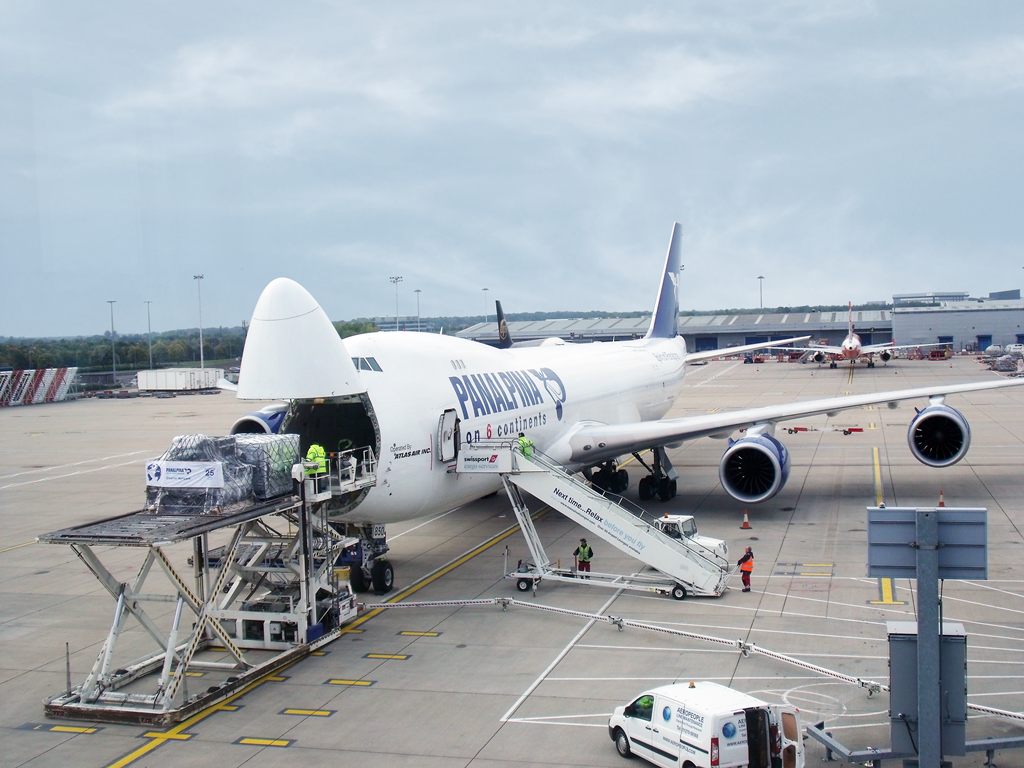Brussels is Panalpina’s first CEIV station
27 / 04 / 2016

Panalpina has achieved IATA CEIV (Centre of Excellence for Independent Validators) certification for pharma traffic at its Brussels operation, following a strenuous validation process.
It is the forwarder’s first station to obtain the certificate, which is becoming the benchmark for air freight related cross-dock operations for healthcare products.
Panalpina’s Belgium head of quality, health, safety and environment, Frank Raeckelboom, said: “Unlike the recent shattering news that came from Brussels International Airport Zaventem, this is good news. The certification is yet another proof of our excellent handling capabilities for pharmaceuticals and medical products here in Brussels.”
The fully GDP (Good Distribution Practice) compliant and TAPA-A (Transported Asset Protection Association) certified facility includes 940sq m of rack-storage with a capacity of 328 Euro pallets and 450 pallets of floor storage and is dedicated to cargo that has to be kept at ‘controlled room temperature’ between 15°C and 25°C. Cargo that needs to be kept at a temperature between 2°C and 8°C can be stored in a cold cell of 32sq m with a capacity of 25 pallets.
Corporate healthcare quality assurance and regulatory manager, Jaime Aznar, added: “Our customers can rely on our own trained and very experienced staff on-site. They oversee all operations and immediately intervene if necessary. Our processes are tried and tested.”
As well as IATA, Belgium’s Federal Agency of Medical and Health Products (FAMHP) has now certified Panalpina Brussels, where GDP compliant operations commenced in August 2012,
“Our certifications give our healthcare customers assurance that we can safely handle their valuable and sensitive products, be it human or veterinarian finished products, active pharmaceutical ingredients or medical devices, in a manner that is fully compliant with the highest standards,” concluded Raeckelboom.
Many international pharmaceutical companies have head offices, production sites or research and development centers in or close to Brussels. They have told Panalpina that the recent events will not have any impact on the strategic importance of Brussels as a pharmaceutical hub.
No cargo infrastructure at Zaventem Airport was affected by the attacks in March, but operations were temporarily disrupted. Mark Guilliams, Panalpina’s business unit manager for Brussels explained: “We rerouted cargo to our Antwerp facility during the initial lock-down of the airport. By now operations have almost returned to normal, even though some airlines have yet to reach full capacity.”














